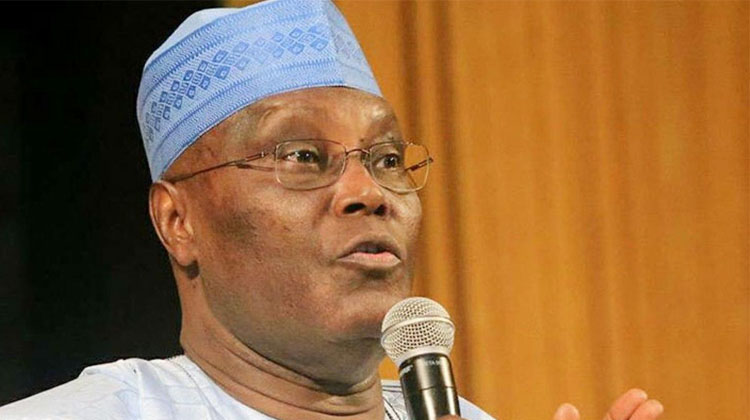The exchange rate between the Naira and the US dollar according to the data released on Monday by the FMDQ Security Exchange, the official forex trading portal showed that the Naira opened and closed at ₦1605.30 per $1 on Thursday, December 05, 2024.
However, the Naira is trading as high as ₦1,600 per Dollar at the black market even though the Central Bank of Nigeria (CBN) announced the unification of all segments of the foreign exchange market.
The apex bank, in a circular on Wednesday 14th June 2023, said all FX windows were now collapsed into the investors & exporters (I&E) window.
The statement read, “Abolishment of segmentation. All segments are now collapsed into the Investors and Exporters (I&E) window. Applications for medicals, school fees, BTA/PTA, and SMEs would continue to be processed through deposit money banks.
“Re-introduction of the “Willing Buyer, Willing Seller” model at the I&E Window. Operations in this window shall be guided by the extant circular on the establishment of the window, dated 21 April 2017, and referenced FM/DIR/CIR/GEN/08/007. All eligible transactions are permitted to access foreign exchange at this window.
“The operational rate for all government-related transactions shall be the weighted average rate of the preceding day’s executed transactions at the I&E window, calculated to two (2) decimal places.
“Proscription of trading limits on oversold FX positions with permission to hedge short positions with OTC futures. Limits on overbought positions shall be zero.
“Re-introduction of order-based two-way quotes, with bid-ask spread of N1. All transactions shall be cleared by a Central Counter Party (CCP).
“Reintroduction of Order Book to ensure transparency of orders and seamless execution of trades.
“The operational hours of trades shall be from 9 a.m to 4 p.m, Nigeria time.”
The apex noted that further guidance on the operational changes would be communicated to authorized dealers and the general public in due course.
The changes to operations in the country’s FX market imply that Nigeria has eased its control of the naira, allowing the local currency to float freely.
Meanwhile, a free-floating exchange rate occurs when a government allows the exchange rate to be determined purely by market forces and there is no attempt to ask the central bank to influence the external value of the exchange rate.




